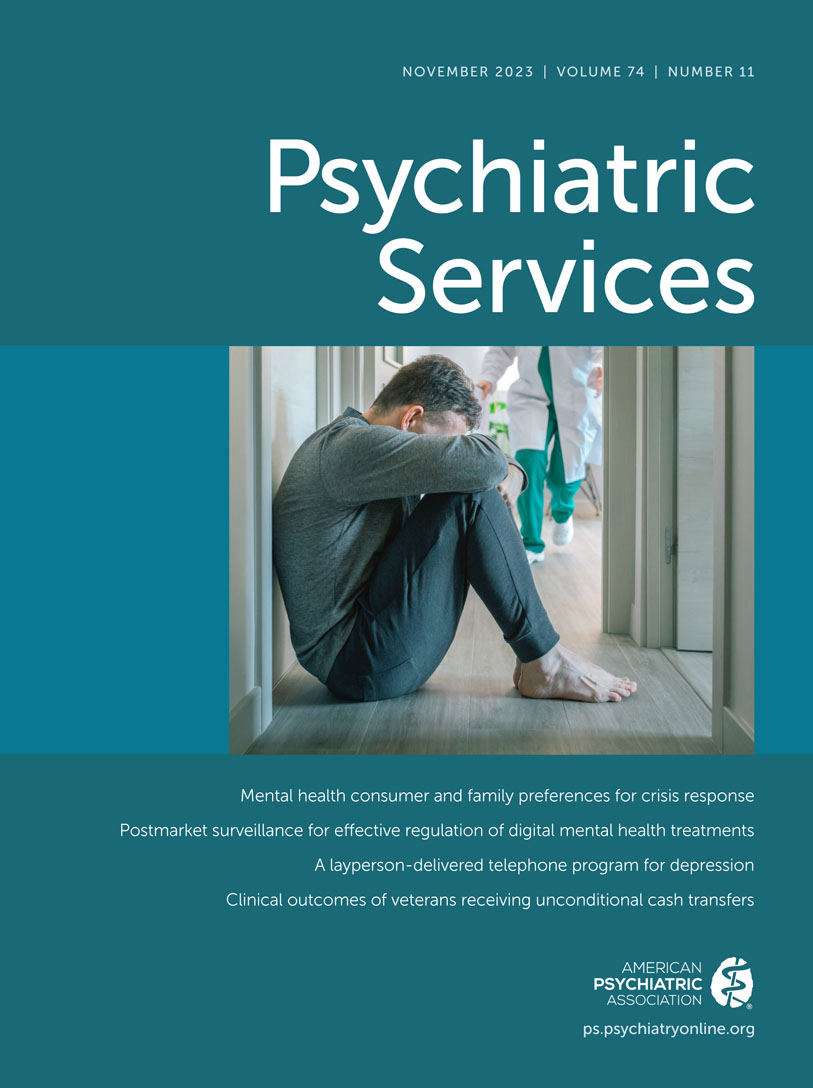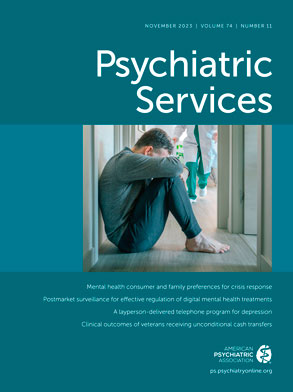Medicaid remains the largest health insurance plan provided by the U.S. government, covering nearly 20% of the U.S. population (approximately 64 million individuals) (
1). Medicaid expansion was initially proposed as a mandate through the Affordable Care Act (ACA) to provide health insurance coverage for individuals with income up to 138% of the federal poverty level (FPL) (
2). After the Medicaid expansion mandate was revoked by the U.S. Supreme Court in 2012, states were allowed to freely opt out of the mandate. Policy advocates and critics have ongoing debates about the financial burden on state governments from Medicaid expansion (
3). Although many states have chosen to implement Medicaid expansion over time since January 1, 2014, the earliest date on which a state could implement the ACA’s Medicaid expansion policy, 12 states have not implemented Medicaid expansion as of 2022 (
4).
Research suggests that Medicaid expansion improved health care access and quality while not causing drastic budget increases for state governments (
5,
6). Nevertheless, research findings of the policy’s effects on health outcomes were inconsistent. Although many studies reported that the policy may be associated with improvements in self-reported health outcomes (
7–
11), others documented no significant associations (
12–
18). On the basis of existing evidence, Medicaid expansion has been found to be associated with improvements in a population’s mental health, especially among low-income, childless adults (
11,
19). These findings could be explained by the fact that the expansion helped newly eligible beneficiaries in expansion states to overcome financial barriers to treatment, which have long been perceived as a significant obstacle to accessing mental health care for the low-income population (
20). Additionally, a study that used a randomized controlled trial design reported that under health care reform, improvements in mental health may be a more likely outcome than improvements in general medical health (
21), which further supported the direction of our investigation into mental health.
We examined longer-term associations (i.e., lagged associations) between Medicaid expansion and mental health outcomes, focusing on racial-ethnic differences and current evidence gaps. Many previous studies have been limited because they analyzed only a few years of postexpansion data, which may explain findings of a lack of evidence of significant associations between the expansion policy and investigated outcomes (
19). Some barriers, such as structural (e.g., accessibility of providers) and attitudinal (e.g., the perceived need for care) barriers, which also affect mental health, might become more apparent over time after beneficiaries gain access to care (
22). Investigation of lagged associations of outcomes with the expansion policy could improve understanding about whether such barriers influence mental health outcomes in the long run, which is especially important for persons from racial-ethnic minority groups, because they are more susceptible to the aforementioned barriers (
23,
24). To the best of our knowledge, only one study—Lee and Porell (
9)—has examined mental health of different racial and ethnic groups during the first 2 years after Medicaid expansion and found no differential impact among the groups. Because additional data for a longer follow-up period are now available, we investigated lagged associations with the expansion policy, stratified by various racial and ethnic groups.
Our study objectives were to evaluate the association between Medicaid expansion and self-reported mental health, investigate whether associations between the policy and mental health differ by self-reported race-ethnicity, and examine lagged associations of the policy with mental health.
Discussion
Our findings indicate that Medicaid expansion was associated with significantly improved self-reported mental health among low-income, childless adults ages 25–64. However, the association of Medicaid expansion with mental health differed by race-ethnicity. The expansion was associated with significantly improved mental health for the non-Hispanic White, non-Hispanic Asian, non-Hispanic other, and Hispanic groups living in expansion states. In contrast, Medicaid expansion was significantly associated with worsened mental health for the non-Hispanic Black group, and the association was nonsignificant for the non-Hispanic AIAN group. Examining the lagged associations of Medicaid expansion with mental health status revealed improvements in mental health at the beginning of the expansion (i.e., in the proximal postexpansion period) for most racial-ethnic groups. In contrast, in the distal postexpansion period, the expansion was not associated with changes in mental health status, and some racial-ethnic groups reported worse mental health status.
Our finding of the association of Medicaid expansion with improved mental health is consistent with results of several previous studies (
7,
9–
11,
39). In terms of mental health outcomes among various racial-ethnic groups, most of our results were consistent with the previous work by Lee and Porell (
9). A key difference in our findings was the insignificant proximal association observed for non-Hispanic White respondents, whereas Lee and Porell reported a significant association of Medicaid expansion and improved mental health among non-Hispanic Whites during their study period (2011–2016).
Race-ethnicity should be considered a social construct rather than a biological trait. We acknowledge that the inclusion of several confounders in our adjusted models might under- or overestimate the associations between Medicaid expansion and mental health status for various racial-ethnic groups, because race-ethnicity could be a proxy for many omitted variables. In considering this possibility, we analyzed both unadjusted and adjusted models (
Table 2), with the unadjusted model showing that the expansion was significantly associated with mental health status only in the overall sample and in the non-Hispanic Asian and Hispanic groups. However, the adjusted analyses were intended to adjust for confounders of the associations between Medicaid expansion and mental health status, because the confounders included have been widely recognized in the literature. Therefore, we focus on the adjusted model results in the following discussion.
Although Medicaid expansion might be expected to increase access to care by reducing financial barriers, the Medicaid expansion policy was not necessarily associated with improved mental health outcomes, especially for the non-Hispanic Black group. Our result is supported by findings from a study by Breslau et al. (
40), which reported that non-Hispanic Black individuals residing in Medicaid expansion states had fewer outpatient mental health visits, compared with non-Hispanic Black individuals residing in nonexpansion states; however, this finding was not statistically significant. For the non-Hispanic Black population, historical events that have caused mistrust in health care, fear of discrimination, and social stigma can contribute to significant barriers that influence their willingness to access mental health care (
41). Earlier work has shown that non-Hispanic Black individuals who needed mental health care were 10% less likely than their non-Hispanic White counterparts to receive care, even if they had insurance coverage (
42).
Even after health care reform, persons from racial-ethnic minority groups continued to encounter more provider-related or logistic access barriers, compared with the White population. Examples from previous research of provider-related obstacles might include “providers don’t speak their language,” “providers don’t respect their religious belief,” or “providers don’t understand their culture” (
43). Logistic access barriers might include difficulty obtaining transportation to receive mental health care or long wait times for health care services (
43,
44). After implementation of the Medicaid expansion policy, the provider-related or logistic access barriers could have played a role as determinants of racial-ethnic disparities in mental health status over time.
The gradual influence of provider-related and logistic access barriers over time after the policy implementation might be observable in our analyses of proximal and distal associations. Analysis of the proximal period indicated that Medicaid expansion was associated with improvements in mental health for most racial-ethnic groups, which likely resulted from the policy’s reduction of financial barriers to health care access. However, racial-ethnic disparities in mental health became more evident in the analysis of distal associations of the policy with mental health status, indicating that barriers other than cost could be crucial long-term determinants of racial-ethnic mental health disparities. Accordingly, further efforts are necessary to investigate potential ways to address such barriers to maximize the benefit of Medicaid coverage. A potential solution is to emphasize linkages to mental care, which has been widely discussed as an effective approach to addressing logistic access barriers (
45,
46).
Our discussion of Medicaid expansion and mental health status has primarily focused on access to health services because the policy was initially aimed at addressing financial barriers to health care access. As we have noted, Medicaid expansion could be associated with changes in mental health via other potential mechanisms, such as the quality of mental health care or levels of worry and distress about health-related expenses. It is important to consider additional mechanisms that may influence changes in mental health status, given that mental health was measured by self-reported poor mental health days rather than by use of a clinical measure.
Several limitations should be acknowledged. First, although the adjusted DID method can provide a relatively robust causal inference compared with traditional cross-sectional analysis controlling for underlying time-dependent trends, we might not have been able to rule out all potential confounding factors because of the observational study design. Second, the DID model can control only for unobservable factors that are constant over time. Factors that varied over time and were not included as covariates would bias the estimations. However, to the best of our knowledge, no major time-varying events influenced policy effects during our study period, and thus our study estimates should not have been affected by significant bias. Third, a valid interpretation of the DID and TD models relied on the parallel-trend assumption (see the
online supplement). The analyses for non-Hispanic Asian and AIAN groups, where the assumption was violated, may have biased interpretation of the results. Fourth, mental health outcomes in our study relied on self-reported health status instead of clinical diagnoses or claims databases involving professional medical judgment. However, self-reported subjective measures have been shown to correlate highly with objective measures of health outcomes (
47,
48).

